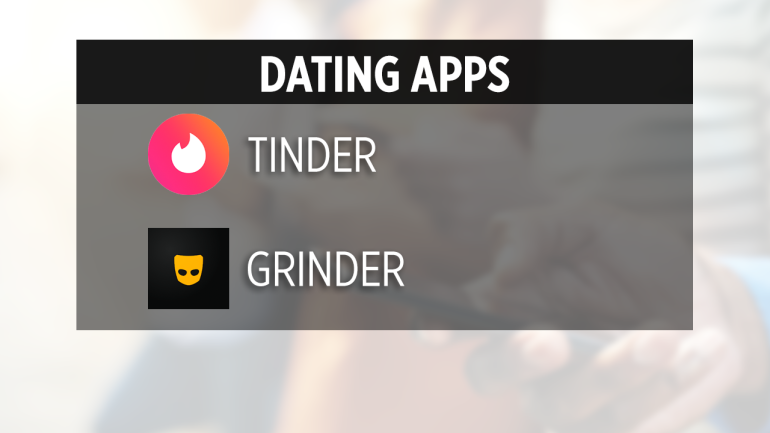DENVER — Handing a smartphone to your kid can be scary, especially because most phones provide kids with unfiltered internet access.
It’s daunting, but parents also want to provide kids with that lifeline.
There are some apps that you should know about, and some icons you can watch for that might be the root of problems.
Here’s a parent’s guide to problem apps on their iPhone or Android smartphone.

Pictured above are just 2 of the most popular hidden files apps but there are more. They look like calculator or music apps but are a place where people can hide photos, videos and notes. It’s often encrypted so the only way to access those files is with a password. Teens have been known to use these apps to hide inappropriate picture and video. Heads up parents — you should keep an eye out for these.

If you’re checking your child’s text messages, it’s not enough. Many kids are using other chat apps to connect with friends. Inherently these apps aren’t bad, they’re a way for people to send messages back and forth. Problem is, it’s often where kids try to hide stuff from Mom & Dad. It’s also where bullying can happen. Keep an eye out for these and other chat apps.

Dating apps aren’t for kids. That’s all there is to it. Tinder and Grinder are two of the more popular apps but there are a lot of them. These apps are often places where predators go to seek out teens. Parents, keep an eye out for any dating app and have that conversation with your kids. dating apps

There are also apps that let you anonymously chat with strangers. Some of them use text, others use video and sound. You can see why this would be a horrible idea for any kids to use. TinyChat is one of them, Omegle is a site that does the same thing.
Some apps are designed more like a forum but don’t always require a username or identity. Whisper and Discord are common apps that teens use to have open forum discussions. There are usually unmonitored, unfiltered and can lead to bullying. You should look for these and other discussion apps and talk to your kids about them.
Bottom line, you have to know every icon on your kid’s phone and what app it leads to. Have a smartphone is a privilege and not a right.
Experts suggest having a spot where kids have to charge their phone at night. Also, parents should know their child’s passcode so you always have the option to check their phones even if you don’t do it daily. Most importantly, talk to your kids about their phones and how they use it. You’d be surprised how much they’re willing to tell you if you simply ask.
